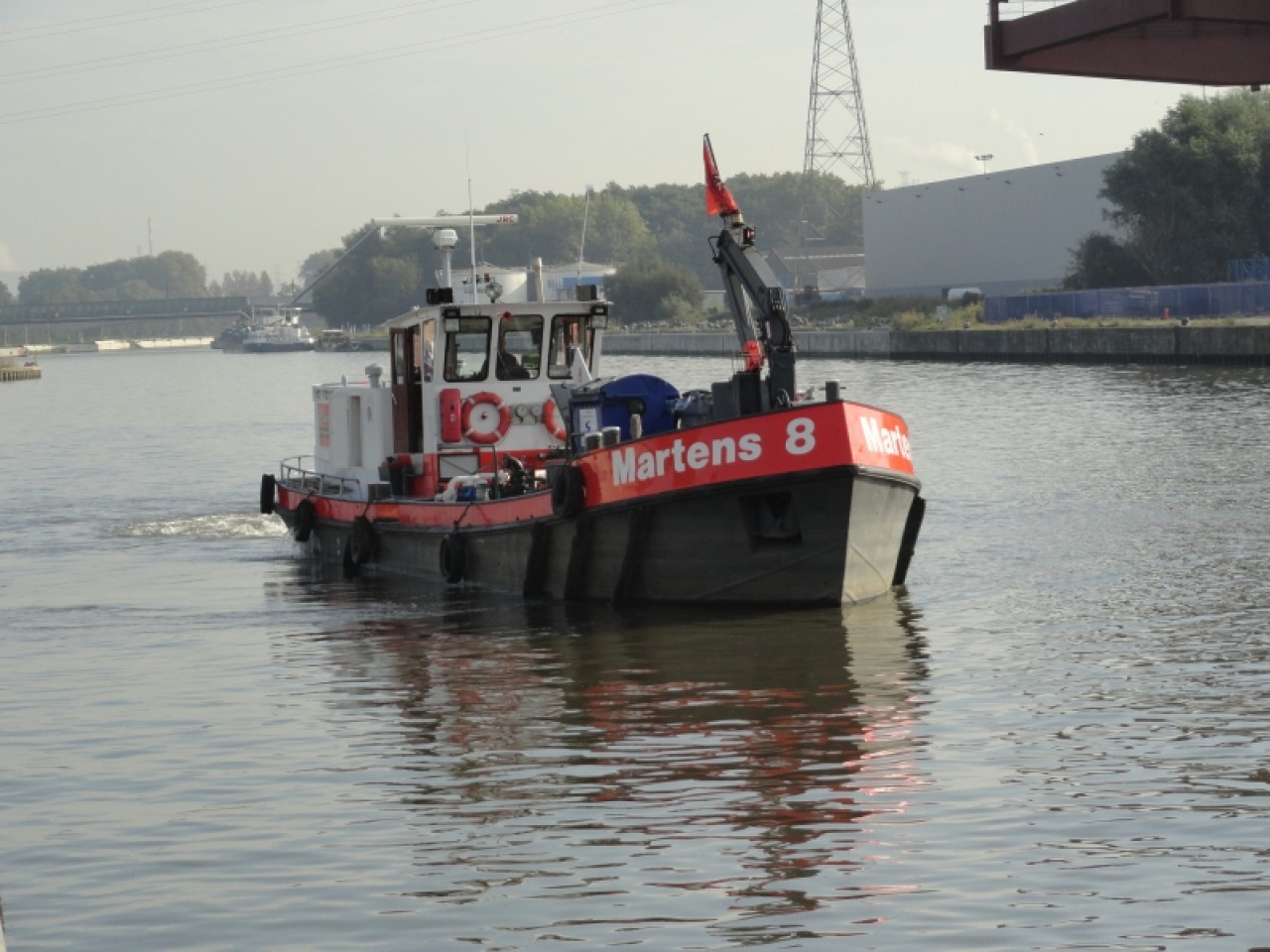Waste collection coordination
The Public Waste Agency of Flanders (in Dutch: Openbare Vlaamse Afvalstoffenmaatschappij or OVAM) is the public authority competent for the management of waste and material cycles in Flanders. Its powers include supervising the delivery of ship-generated waste and monitoring compliance with the aforementioned Convention. Within the Flanders Inland Navigation Services Platform waste collection was coordinated by OVAM in cooperation with the Ports and Water Policy Division of the Department of Mobility and Public Works.
Strategic objectives
The Flanders Inland Navigation Services Platform pursues the following strategic objectives with regard to waste collection :
-
to coordinate, together with OVAM, all the initiatives in order to satisfy waste collection needs;
-
to standardize the provision and registration system for Part A waste collection;
-
to manage the database on waste collection and report outcomes;
-
to coordinate the compilation of a composite index map of waste delivery facilities.
Challenges
Since the start of the CDNI, ship-generated waste in Flanders has been collected through the existing network of reception facilities of ports and waterway managers.
Some of the actions for optimizing this network and the collection of ship-generated waste in Flanders have been implemented. More efforts are required to standardize the registration and collection system, optimize the density of the reception facilities network in Flanders, ensure a cost- and environmentally efficient collection and make changes to the legislative framework, if necessary.
-
Standardization of the registration and collection system
For the moment, each waterway manager is responsible for the collection and treatment of domestic waste. As a result, several different types of containers and contracts are in place for waste treatment. At least for the registration of the collected waste volumes it is recommended to implement a standardised system, without affecting the powers of the managers concerned. -
Necessary changes to the legislation
The development of a standardized waste collection system may have repercussions on the structure of the current delivery system.
If structural changes are made to the delivery system, this will necessitate direct adjustments to the applicable legislation.
